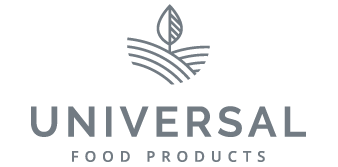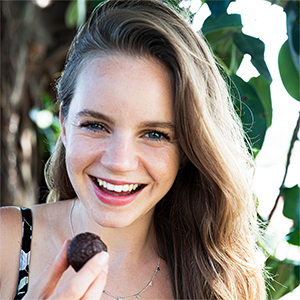The World Health Organization recommends a total intake of sugar per day should fall somewhere between 6 to 9 teaspoons , yet studies have shown that Australians are consuming upwards of a whopping 28 teaspoons daily.
One teaspoon = approximately 4 grams of sugar.
Unsure of how much sugar is in some of your favourite snack options? We’ve done the work for you…
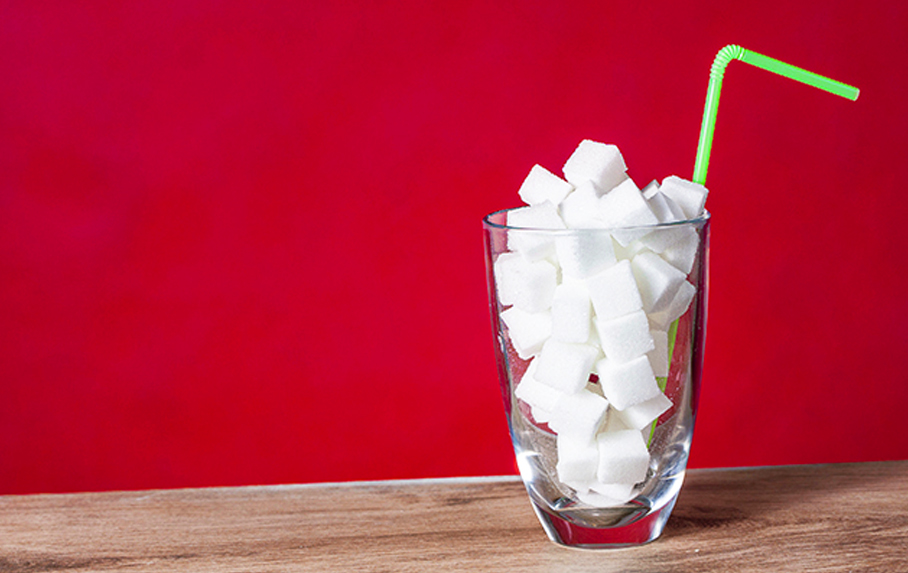
1. SNACK PACK OF RAISINS
This tiny box contains a whopping 28.5 grams of sugar.
2. 250 ML OF ORANGE JUICE
There are 19 grams of sugar in one 250 ml bottle of store-bought orange juice, containing oranges only. Note that 250 ml is a standard serving, though a standard package size of orange juice is usually 300 ‒ 400 ml.
3. A BOWL OF GRANOLA
There are 18.35 grams of sugar per bowl , based on a standard 50-gram portion size. Note that 50 grams of granola is only about a handful. When consumed with milk and fruit, or on top of a smoothie bowl, the sugar serving rises substantially.
4. A CEREAL BAR
There are 9.42 grams of sugar per standard 35-gram bar.
5. 1 TBSP OF TOMATO KETCHUP
Contains 3.65 grams of sugar per tablespoon, based on 15-gram metric tablespoon weight.
6. A SMALL LOW-FAT YOGURT
Contains 12.6 grams of sugar per 100 grams, standard small, snack-size low fat, flavoured yoghurt.
7. A READY MEAL
There are 10.4 grams of sugar per 400-gram serving size. This calculation based on a ‘Chilli Con Carne with Rice’ microwaveable meal.
8. A CAN OF COKE
There are 39.75 grams of sugar per standard 375 ml can.
9. FOUR SQUARES OF MILK CHOCOLATE
There are 14.8 grams of sugar per four squares of Cadbury milk chocolate ; for example, a Cadbury Dairy Milk bar.
10. BANANA
There are 12.8 grams of sugar per average, medium-sized, peeled banana.
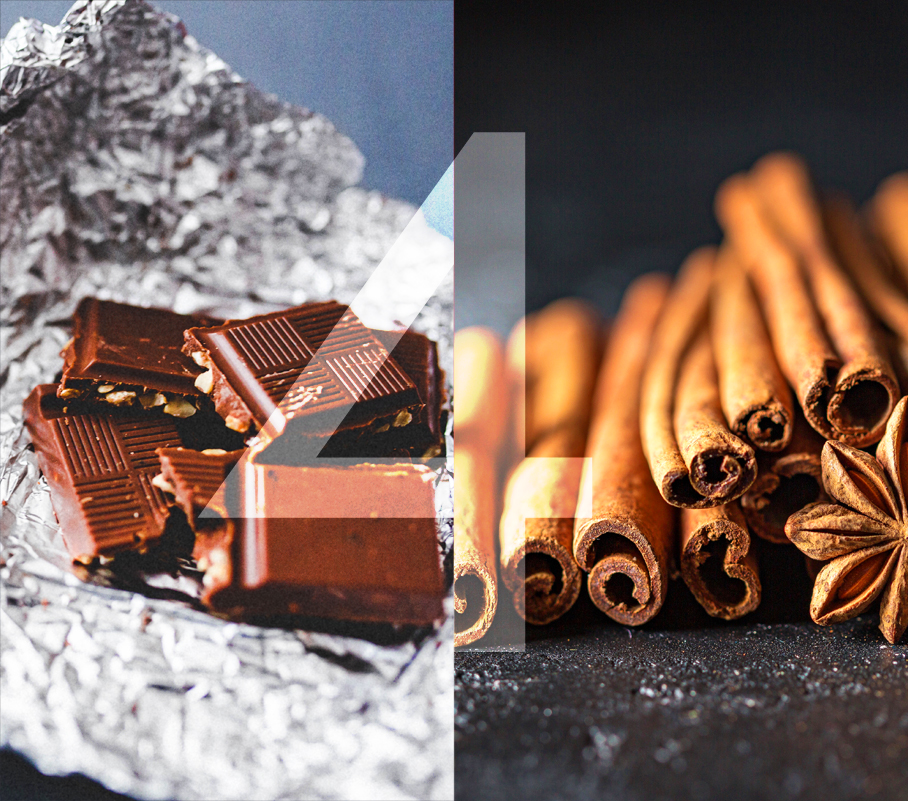
Sugar is a calorie-dense food which provides a spike in blood sugar levels, and, aside from the tiny amount of glucose our muscles and brains need, provides no nutritional benefit. Yes, even a banana has more sugar than the recommended daily intake. However, there is a stark difference between a banana and any of the other items on this list… a banana contains soluble fibre! A digesting banana has soluble fibre on its side – it forms a viscous layer around the sugars found within the banana, allowing them to digest and metabolise slowly, preventing them from placing the entirety of their digestive burden on the liver .
“Sugar is a calorie-dense food which provides a spike in blood sugar levels, and, aside from the tiny amount of glucose our muscles and brains need, provides no nutritional benefit.”
What’s the alternative?
There are many, naturally sweet-tasting ingredients that provide a similar sweet satisfaction to your favourite sugar-laden treat.
Cinnamon – a beautiful, warming, naturally-sweet spice that helps balance blood sugar levels and reduce cravings – a double whammy! Try it on your porridge, or on top of yoghurt or ice cream.
Herbal Teas – herbs like liquorice and ginger have an intensely sweet flavour. Try sipping on an herbal blend and watch your cravings slip away…
Healthy Fats – often our sugar cravings are born out of a lack of satiation. Healthy fats like avocado, nuts, seeds, olive oil, coconut and olives help satisfy hunger and nip cravings in the bud.
Stevia – a powdered plant extract that does not contribute to dental caries, nor calories. A little goes a long way!
REFERENCES
Sugars intake for adults and children
Australian Health Survey: Consumption of Added Sugars
NUTTAB 2010 Online Searchable Database
NUTTAB 2010 Online Searchable Database: Juice, orange, home squeezed
NUTTAB 2010 Online Searchable Database: Bar, snack or breakfast style, fruit filled, baked
NUTTAB 2010 Online Searchable Database: Sauce, tomato, commercial
NUTTAB 2010 Online Searchable Database: Chocolate, milk, with added milk solids
Effects of Dietary Fiber and Its Components on Metabolic Health



